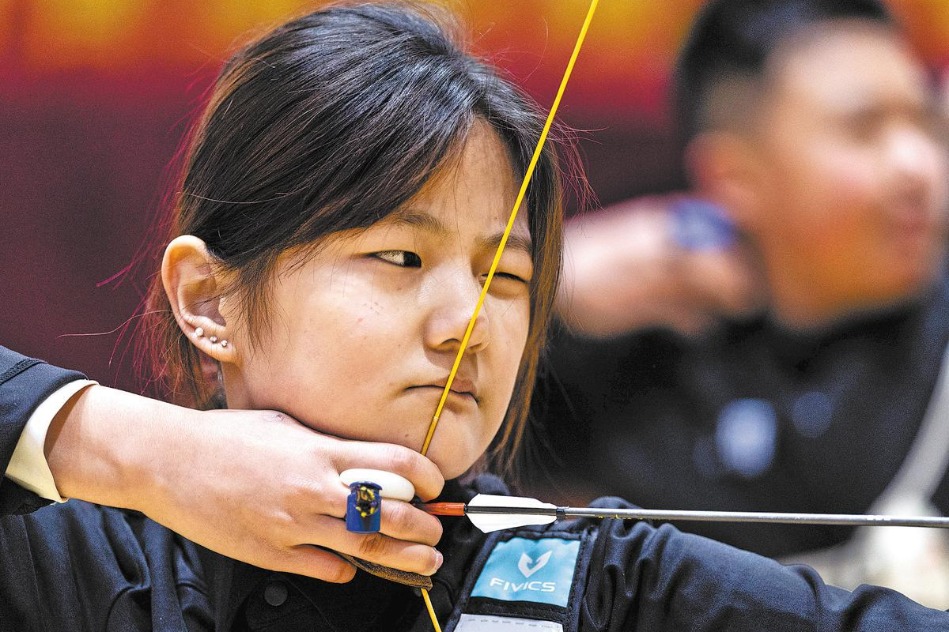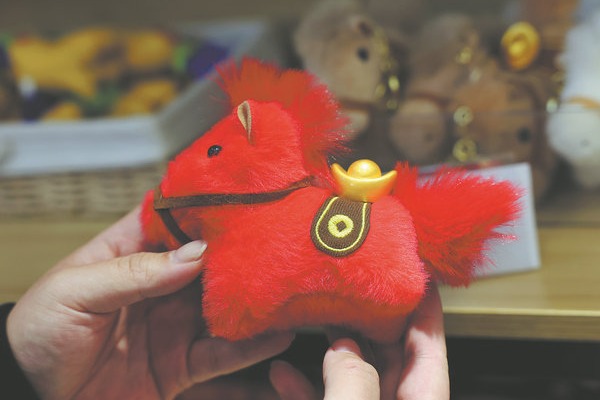Overseas Chinese cheer new COVID policies

The last time Nancy Wang visited China was in the spring of 2019. She was still a student at the University of Miami in Florida, United States, at the time. She graduated two years ago and is now working in New York City.
"No more quarantine to go back to China!" Wang said after she heard the news, and the first thing she did was search for a flight to China.
"Everyone is very happy," Wang said. "You had to devote a lot (of time) to return to China under quarantine. But now everyone hopes to return to China at least once next year."
Overseas Chinese cheered on Tuesday after China announced a major shift in its epidemic response policies. The country will downgrade its management of COVID-19 from Class A to Class B starting on Jan 8, a move made possible by the reduced virulence of Omicron, expanded vaccinations and increased treatment and emergency response tools.
The downgrade means inbound travelers will no longer have to undergo quarantine or take a nucleic acid test upon arrival in the country, the State Council said in a document released on Monday.
Chinese business community members in the US are "eager to go back", said Lin Guang, the president of the US Zhejiang General Chamber of Commerce.
"For many of us, our Chinese phone numbers, WeChat payments, etc, became invalid or needed to be verified in the past three years. Many domestic business transactions also require Chinese bank accounts and so on. One has to go back to China to handle these issues," Lin told China Daily. "Overall, this is good news. If possible, we'll be back in no time."
Some US importers used to go to Chinese factories to place orders, said Lin, adding that those people will soon visit China.
China's decision has also offered luxury brands and global investors hope that it could support the global economy and unblock supply chains. Shares in global luxury goods groups, which rely heavily on Chinese shoppers, rose on Tuesday following the easing of travel restrictions.
Luxury goods giant LVMH Moet Hennessy Louis Vuitton advanced as much as 2.5 percent in Paris, while Kering, owner of the Gucci and Saint Laurent brands, rose 2.2 percent. Birkin bag maker Hermes International advanced more than 2 percent. In Milan, shares in Moncler, Tod's and Salvatore Ferragamo rose as well.
According to consulting firm Bain and Co, Chinese consumers accounted for one-third of global spending on luxury goods in 2018.
A Morgan Stanley analysis released in August said that both US and European investors are poised to gain from China's transition.
In the US, the investment bank believes that sectors, including branded apparel and footwear, technology, transportation and retail food, will benefit as Chinese consumers ramp up discretionary spending. Easing of travel restrictions bode well for the makers of European luxury goods.
Analysts said the easing of restrictions on international arrivals could boost China's economy and global commerce at a time when many nations have raised interest rates to tame inflation.
"China is front and center for markets right now," Hani Redha, a portfolio manager at PineBridge Investments, told The Wall Street Journal. "Without this, it was pretty clear to us we'd get a broad global recession."
Today's Top News
- Nation gears up for Spring Festival rush
- Premier calls for stronger economic cooperation
- Xi, Starmer envision growth of ties
- Long-term, consistent comprehensive strategic Sino-UK partnership benefits both and world
- Xi calls on China, Britain to jointly advocate, practice true multilateralism
- Xi says China will never pose threat to other countries no matter how it grows






























